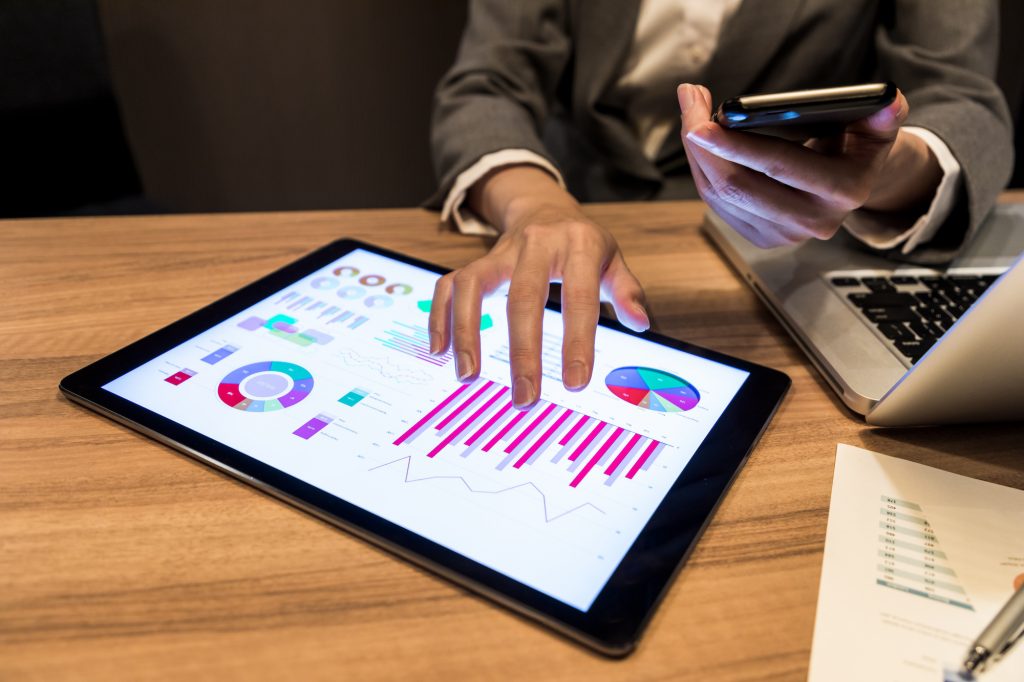The Future of Accounting
Some accounting and auditing firms have already embraced blockchain technology, realizing that blockchain transactions are simpler, more visible, and more transparent than traditional transactions. Improvements in blockchain’s operational efficiency mean that much of the work accountants do, such as collecting and inputting data, sampling, and proving provenance, can take place automatically. What does this mean for you as an accountant? It frees you up to provide valuable services to your clients.
Companies are using blockchain to improve enterprise resource planning (ERP), especially in areas such as supplier management and procurement. Some even dabble in cybersecurity and sustainable database planning with the help of blockchain tech.
Accounting education is also changing. Accountants may no longer need to memorize best practices pertaining to extensive documents and periodic controls. Blockchain education may become key to the training of accountants, with those accountants who understand blockchain most likely to succeed in a blockchain-recorded world.
With the increasing use of Bitcoin and other cryptocurrencies, understanding blockchain technology is now crucial for accountants who want to land tech-savvy clients. Chartered professional accountants (CPAs) should also know about blockchain’s applications in financial planning, record-keeping, and even tax audits.



